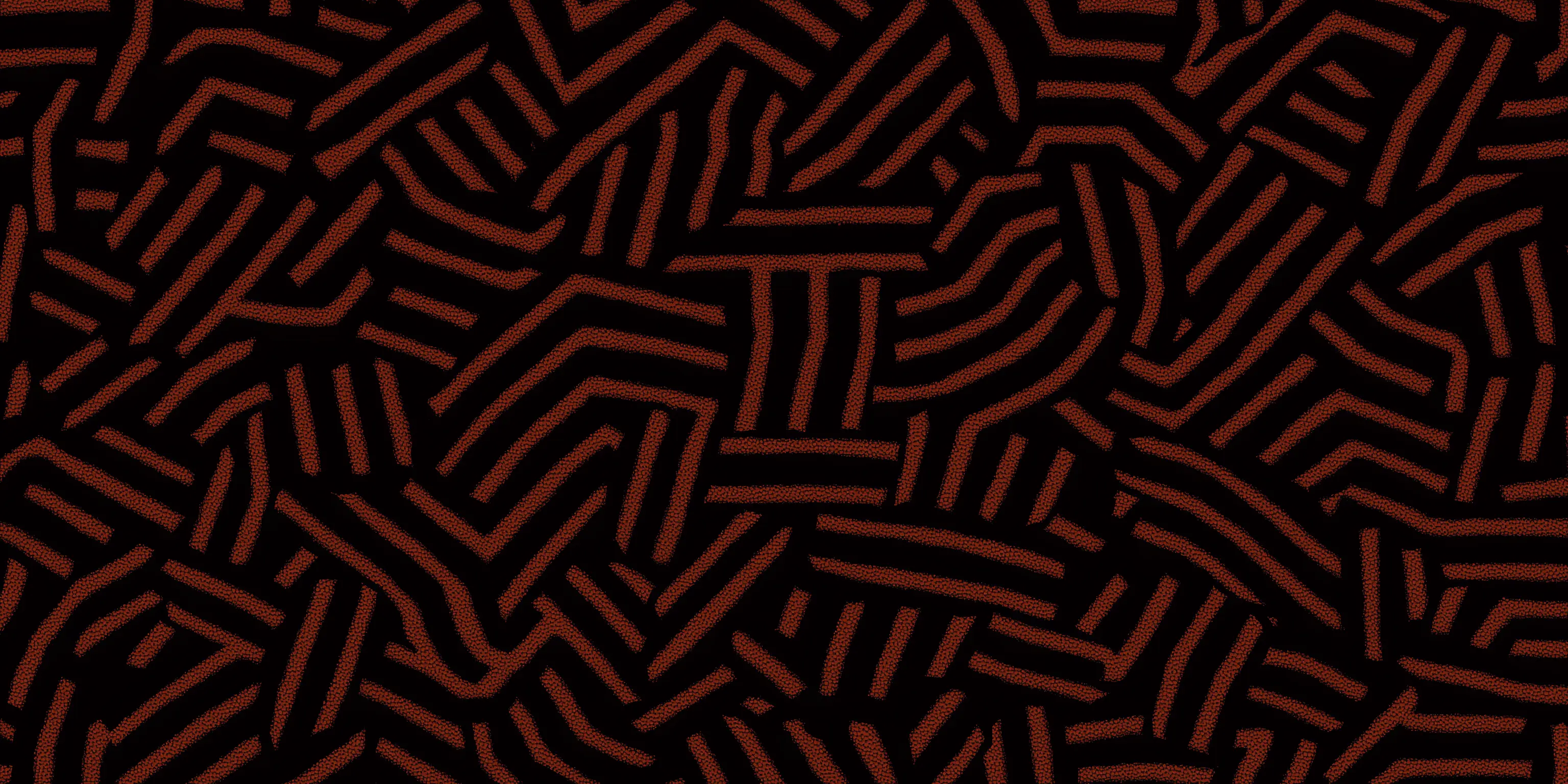Classical Political Theory
The study of political theory from Plato to Machiavelli.
Modern Political Theory
The study of modern political theory.

Plato I: Foundations of Political Philosophy and Critique of Democracy
Introduction
In the landscape of political philosophy, few figures loom as large as Plato (428-348 BCE). His systematic critique of democracy and vision of ideal governance continue to challenge and inform political thought more than two millennia later. This analysis explores Plato's foundational contributions to political philosophy, with particular focus on his critique of democratic systems and his proposed alternatives.
Historical Context: Athens and the Crisis of Democracy
Plato's political philosophy emerged from the tumultuous context of 5th-century BCE Athens. The city-state's democratic experiment had led to several critical failures:
- The execution of Socrates (399 BCE)
- Military defeat in the Peloponnesian War
- Political instability and factional conflicts
These events profoundly shaped Plato's skepticism toward democratic governance and his search for a more stable political system based on wisdom rather than popular opinion.
The Philosophical Foundations
Theory of Forms and Political Reality
Plato's political theory is inseparable from his metaphysical Theory of Forms. This framework posits that:
- Perfect, unchanging forms exist beyond the physical world
- Physical reality merely approximates these forms
- True knowledge requires understanding these forms
- Political governance should be guided by knowledge of the Good
The Tripartite Soul and Social Order
Plato's conception of the soul directly informs his political theory:
| Part of Soul | Function | Social Class | Virtue |
|---|---|---|---|
| Reason | Wisdom | Guardians | Wisdom |
| Spirit | Courage | Warriors | Courage |
| Appetite | Desires | Producers | Temperance |
Critique of Democracy
Fundamental Flaws
Plato identifies several critical weaknesses in democratic systems:
- Epistemic Failure: Democracy assumes all opinions are equally valid
- Moral Degradation: Democratic freedom leads to moral relativism
- Political Instability: Popular whims create inconsistent policy
- Leadership Quality: Democracy doesn't ensure competent leadership
"Democracy is a charming form of government, full of variety and disorder, and dispensing equality to equals and unequals alike." - Plato, The Republic
The Ship of State Analogy
Plato's famous analogy compares democracy to a ship where:
- The crew (demos) lacks navigation knowledge
- They ignore the expert navigator
- They make decisions based on popularity rather than expertise
The Republic and Ideal Governance
The Philosopher King
Plato's solution to democratic failings centers on the concept of the Philosopher King:
- Knowledge: Deep understanding of the Forms
- Virtue: Moral excellence and wisdom
- Dedication: Complete commitment to public good
- Training: Rigorous education in philosophy and governance
Educational System
The proposed educational system includes:
-
Early Education
- Physical training
- Musical education
- Character development
-
Advanced Studies
- Mathematics
- Dialectics
- Philosophy
Modern Relevance
Contemporary Applications
Plato's critique resonates with modern political challenges:
- The role of expertise in governance
- Problems of political polarization
- Tension between democracy and technocracy
- Questions of leadership qualification
Critical Perspectives
Modern scholars have both praised and criticized Plato's views:
Strengths:
- Recognition of expertise's importance
- Emphasis on leadership education
- Focus on long-term good over immediate gratification
Weaknesses:
- Potentially authoritarian implications
- Idealistic and impractical solutions
- Dismissal of individual autonomy
Conclusion
Plato's political philosophy represents a fundamental challenge to democratic assumptions and offers a provocative alternative vision of governance. While his solutions may seem extreme, his critique of democracy's weaknesses remains pertinent to contemporary political discourse. His insistence on the importance of wisdom, expertise, and moral character in governance continues to resonate in debates about political leadership and democratic systems.
Further Reading
- Schofield, Malcolm. "Plato: Political Philosophy" (Oxford University Press)
- Vlastos, Gregory. "Platonic Studies" (Princeton University Press)
- Rowe, Christopher. "Plato and the Art of Philosophical Writing" (Cambridge University Press)
- Monoson, S. Sara. "Plato's Democratic Entanglements" (Princeton University Press)
- Lane, Melissa. "The Birth of Politics: Eight Greek and Roman Political Ideas and Why They Matter" (Princeton University Press)